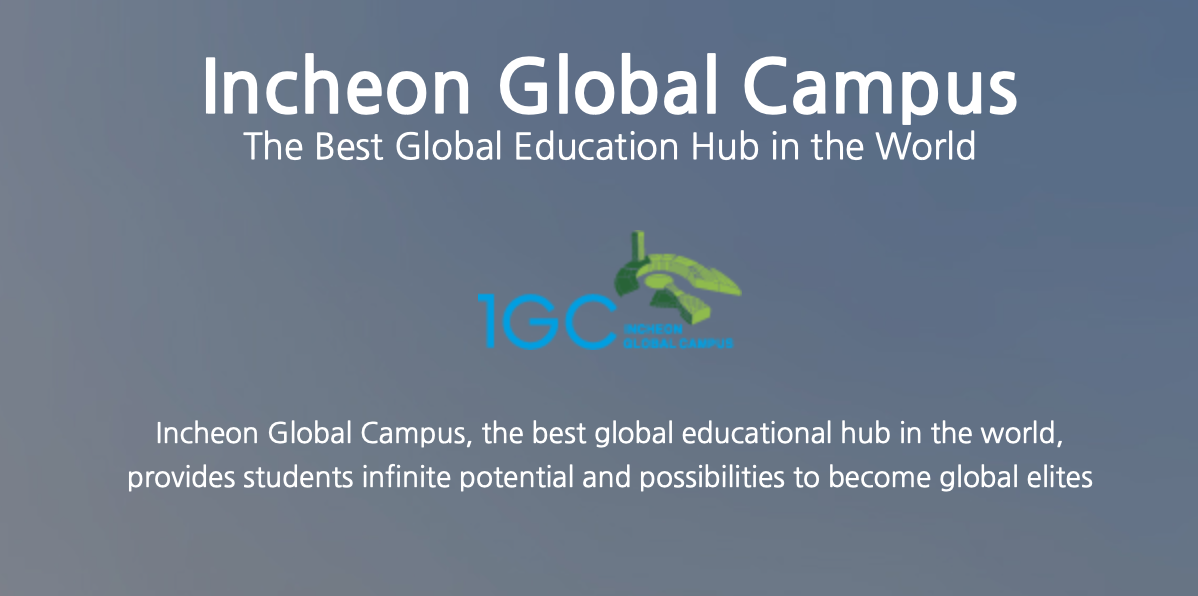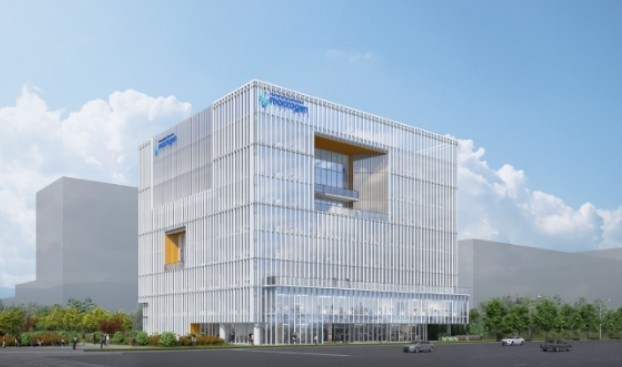Hyangwon–First building electrified in Korea. Photo BCW
Seeking the right balance between global oversight and striving for localization.
By Don Southerton
There has been an expectation that Korean and other APAC companies would strive to fully localize as they expand overseas business operations in markets like North and South America, the UK, and the EU. With COVID we saw a change from the past with an annual dispatching of teams from Asia-Pacific HQs to a more reduced and limited role for expatriates.
There is a strong argument that local operations are best managed locally with minimal day-to-day oversight from the company’s HQ expatriate team. The exceptions in many cases, are expatriates assigned in a “designated” support capacity often in tech support and engineering.
As a thought leader in global business trends, I suggest a potential shift in global governance.
A limited expatriate support role has been a long-term goal. It’s costly, and the acculturalization for any expat in a new market takes time and an openness to learn and adapt.
This said, one constant is change. What potentially might have been the plan to reduce oversight may be altered to strengthen expat engagement and input in day-to-day business decisions and management. This frankly has been a cycle I have witnessed over the years. The current mode of reduced engagement has been, too, rooted in COVID where new overseas assignments were all but eliminated.
There are justifications and reasonings for the increased local engagement. One possible option for effective communication with APAC HQs is to assign expatriates for daily direct communication during evening hours, considering the time and work hour differences.
Expatriates can provide valuable insights into the HQ strategy, particularly in clarifying recent mandates and initiatives for local management.
Moreover, there is a growing need for broader HQ fiscal oversight during the rapid shift to capital-intensive ventures such as mobility, which requires significant infrastructure investment.
I want to mention that many Western brands, too, have long contemplated the right balance between a centralized company business strategy versus one driven by localization.
Bottom line… In today’s rapidly changing global economy, it is vital to comprehend the intricacies of Korean and Asia Pacific business, including the hows and whys, and to engage with their teams.
Some suggestions:Korean Business: Challenges and Solutions 50 Workplace Hints, #2 Managing Expectations
For those in the West, it may be the first time working with a team from Korea. This opportunity requires an understanding of the new partner’s culture and expectations.
The assumption that local and expatriate teams can bridge cultural gaps through practical on–the–job experience might work with those few highly intuitive individuals with the exceptional ability to assimilate cultures.
What stands out in numerous studies, such as Forbes notes….https://www.forbes.com/sites/forbesbusinesscouncil/2023/09/12/from-local-to-global-multicultural-businesses-bridging-international-markets/?sh=252577521062)
Is a need for ongoing multicultural training, that can successfully impact people, especially those who need to quickly adapt to new or changing business culture and values, while fostering sensitivity and teamwork among all company members.
Finally, best practices have shown that a tiered service model with training, mentoring, and ongoing strategic support is the most effective approach for an organization. Leadership can greatly benefit from one-on-one coaching, too.
To conclude, to answer the question “Is it better to manage local operations locally?” International companies must seek the right balance between global oversight and striving for localization. This includes the best mix of an HQ team’s engagement in day-to-day oversight and decision-making while creating a level of direct communication to ensure expectations are addressed, especially aligning with global strategies and fiscal concerns.
And, above all get support, winging it rarely works….
Questions? Here to discuss your needs, too.
dsoutherton@bridgingculture.com









Two Best Sellers: Korea 101: The Book, Hyundai Way
Two of Our Most Popular Books… Korea 101 and Hyundai Way: Hyundai Speed, The Third Edition
Korea 101: The Book https://a.co/d/4k0nNaQ
For over 20+ years, I have presented Korea 101 programs to more than 10,000 participants across the globe. Korea 101: The Book shares insights and experiences with my ‘boots on the ground’ in the classroom, boardroom, and, more recently, remotely.”
Hyundai Way https://a.co/d/dHJdwYy
Building on the past, this revised edition, too, looks at the transition to Smart Mobility and the corresponding workplace overhaul to become an agile global player.
Have a Korea-facing question? Just ask dsoutherton@bridgingculture.com
Don Southerton